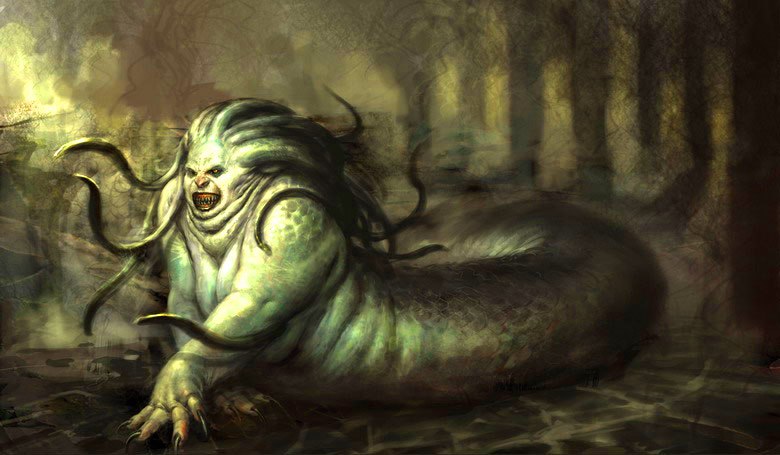

Poseidon's thunder could be so powerful that it was often associated with the pounding of horses' hooves ( 1). He was the most dominant and powerful god for these people and possessed the control of thunder and earthquakes. Poseidon's emergence as a god took place in about 2,000 B.C. The brute force of the sea is applied to both Poseidon and his relations in both Homer's poetry and other pieces of Greek literature. Harold Bloom applies this idea to the struggle between Athena and Poseidon throughout the Odyssey and states, "We might trace then a politics pitting the forces of the land and civilization against the forces of the sea and brute mindlessness" (137). Poseidon's swaying character often embodies the same traits that the water he rules over displays. Poseidon is benevolent and helpful to mankind at times, but can quickly become jealous, angry, and destructive. His attitudes, like water, are constantly shifting. More than anything else, he represents a changing character. Like many of the Greek gods, he represents a set of standards that is somewhat ambiguous. In art, he is generally represented as a mature, bearded man and is associated with horses, dolphins, and his trident.

Poseidon is not merely the god of the sea, but it also known as the Earth-Shaker and god of the Sable Locks. He generally resided there, even though he was officially one of the Olympian Gods ( 1). Being the ruler of the seas, Poseidon built a palace for himself underwater near Aegea in Euboea. There were other gods associated water, such as the personified river gods, but they were under the control of Poseidon. The Titan Oceanus then resigned his rule over the watery realm to Poseidon (Guerber 126). Poseidon drew water, Zeus drew the sky, and Hades drew the underworld. Now that the three brothers were the rulers of all existence they decided to draw lots to determine their domains. They used these gifts to finally defeat Cronus and the rest of the titans. Poseidon received a trident, Zeus a thunderbolt, and Hades a helmet of darkness. In gratitude, the Cyclopes gave each of the brothers a weapon. The war had waged for ten years when Cronus' three sons released the Cyclopes from captivity on advice of a prophecy from Mother Earth. After releasing his brothers, Zeus led a war against Cronus and the other Titans.


 0 kommentar(er)
0 kommentar(er)
